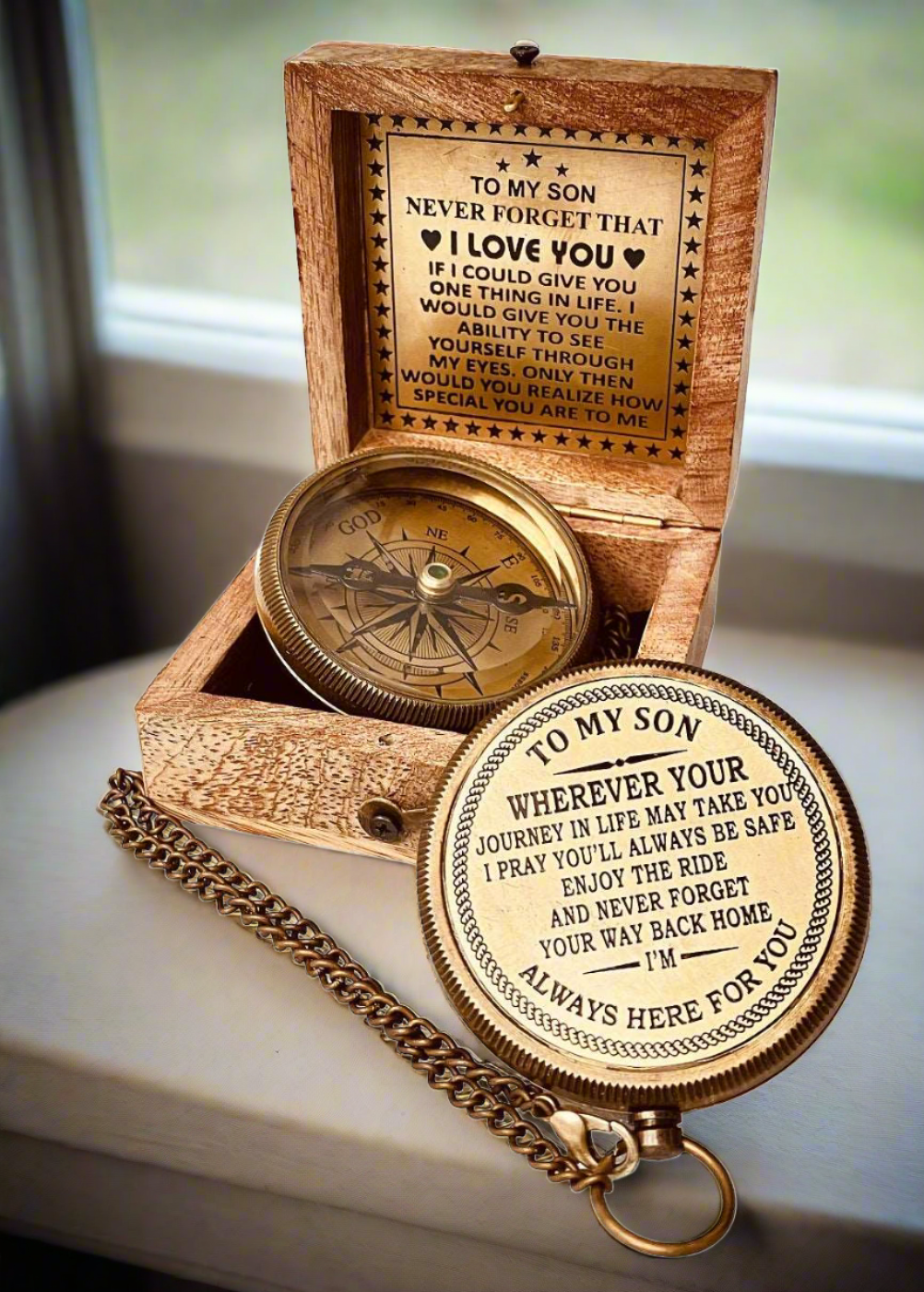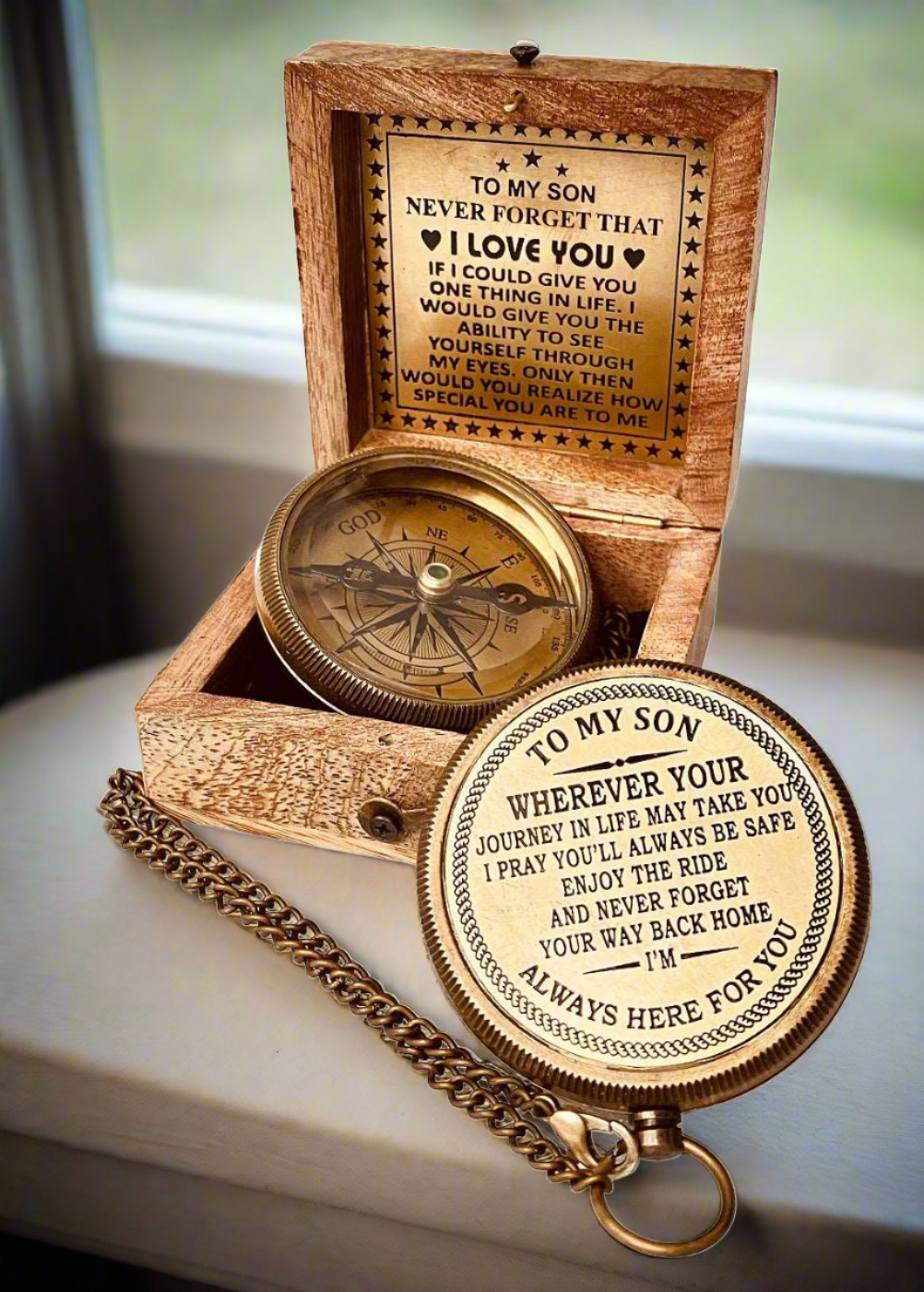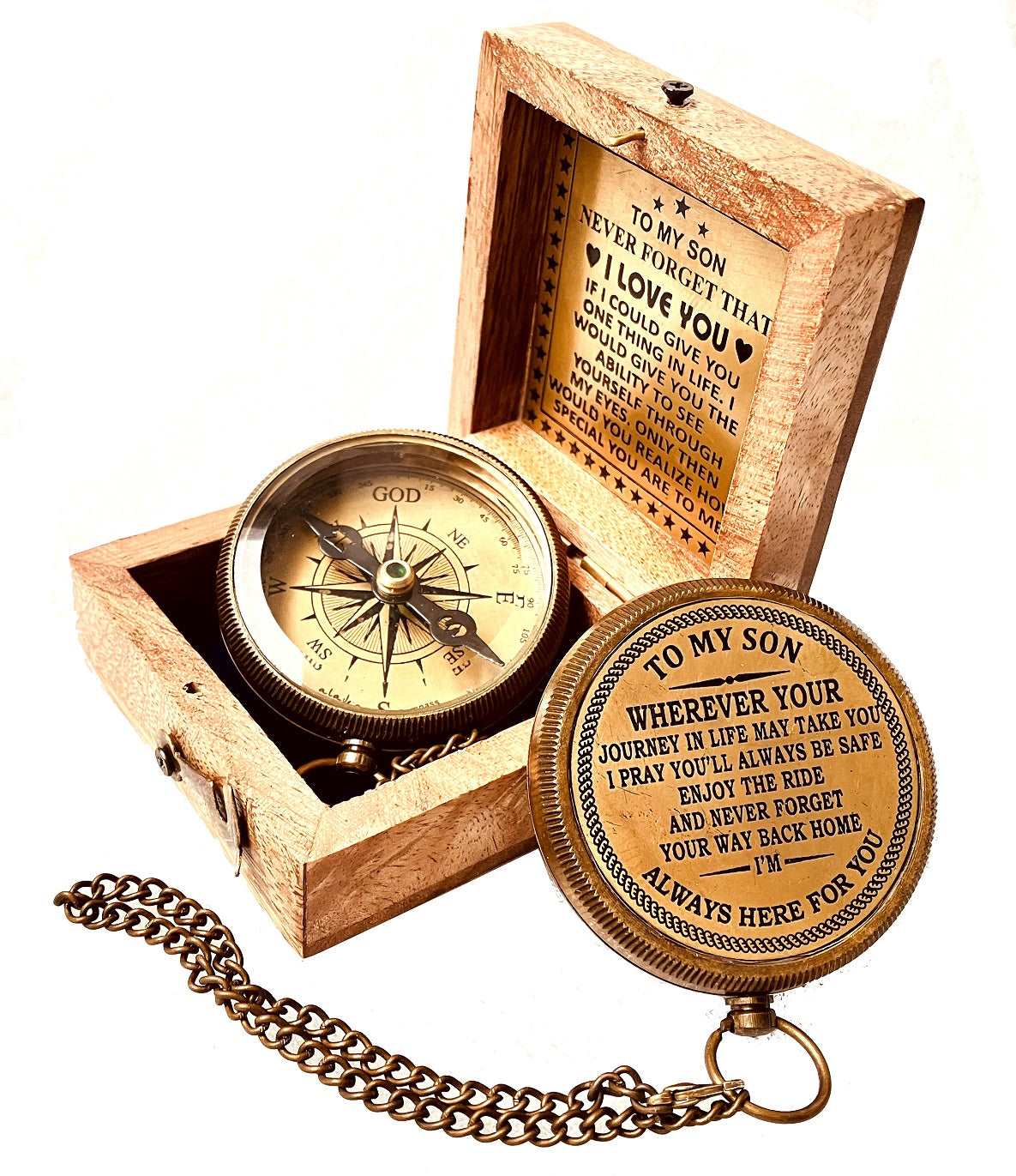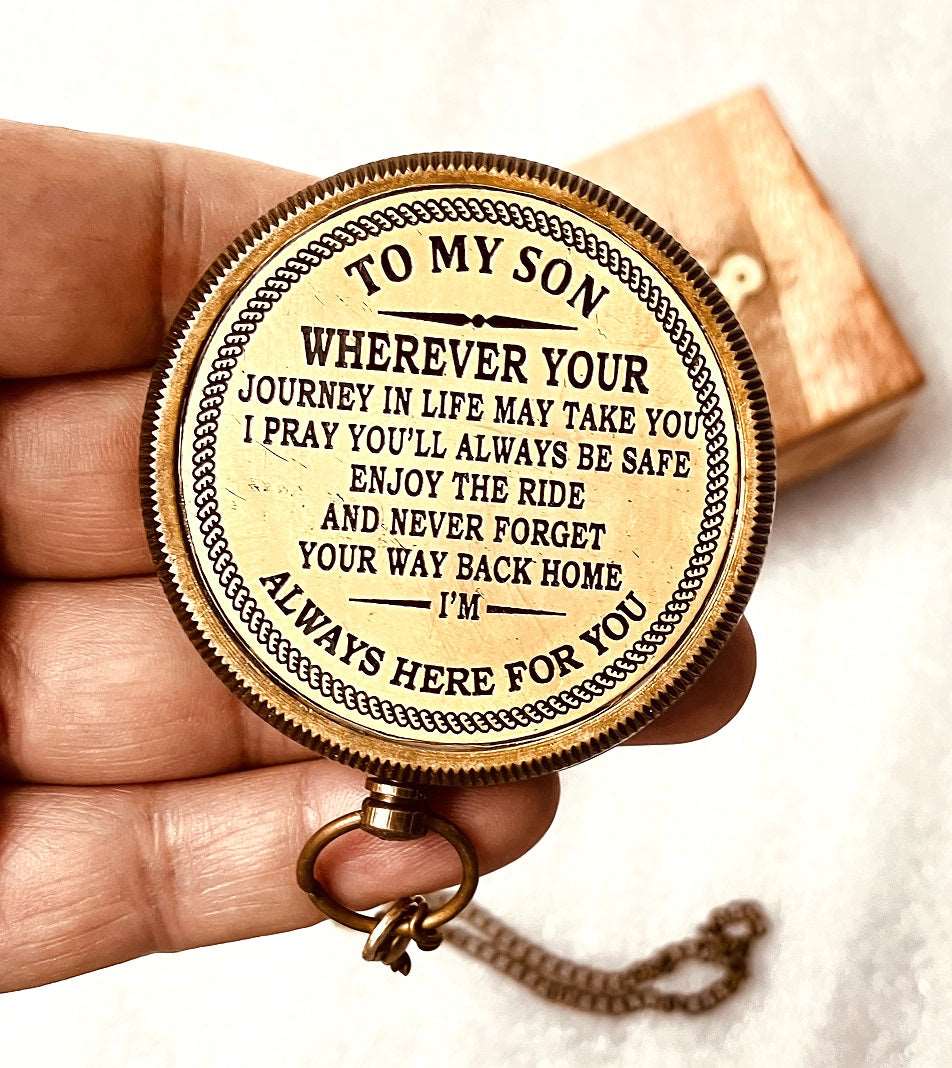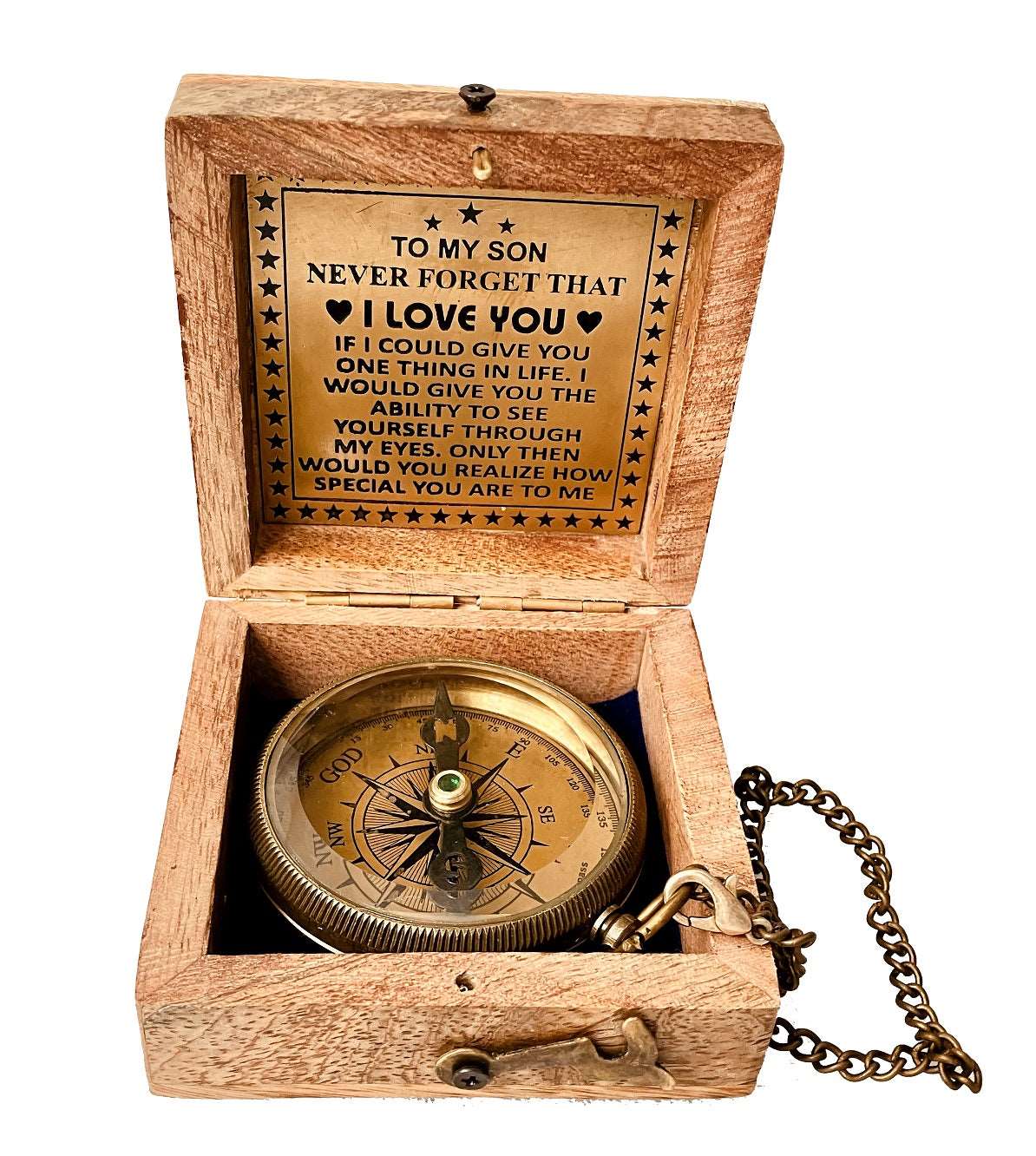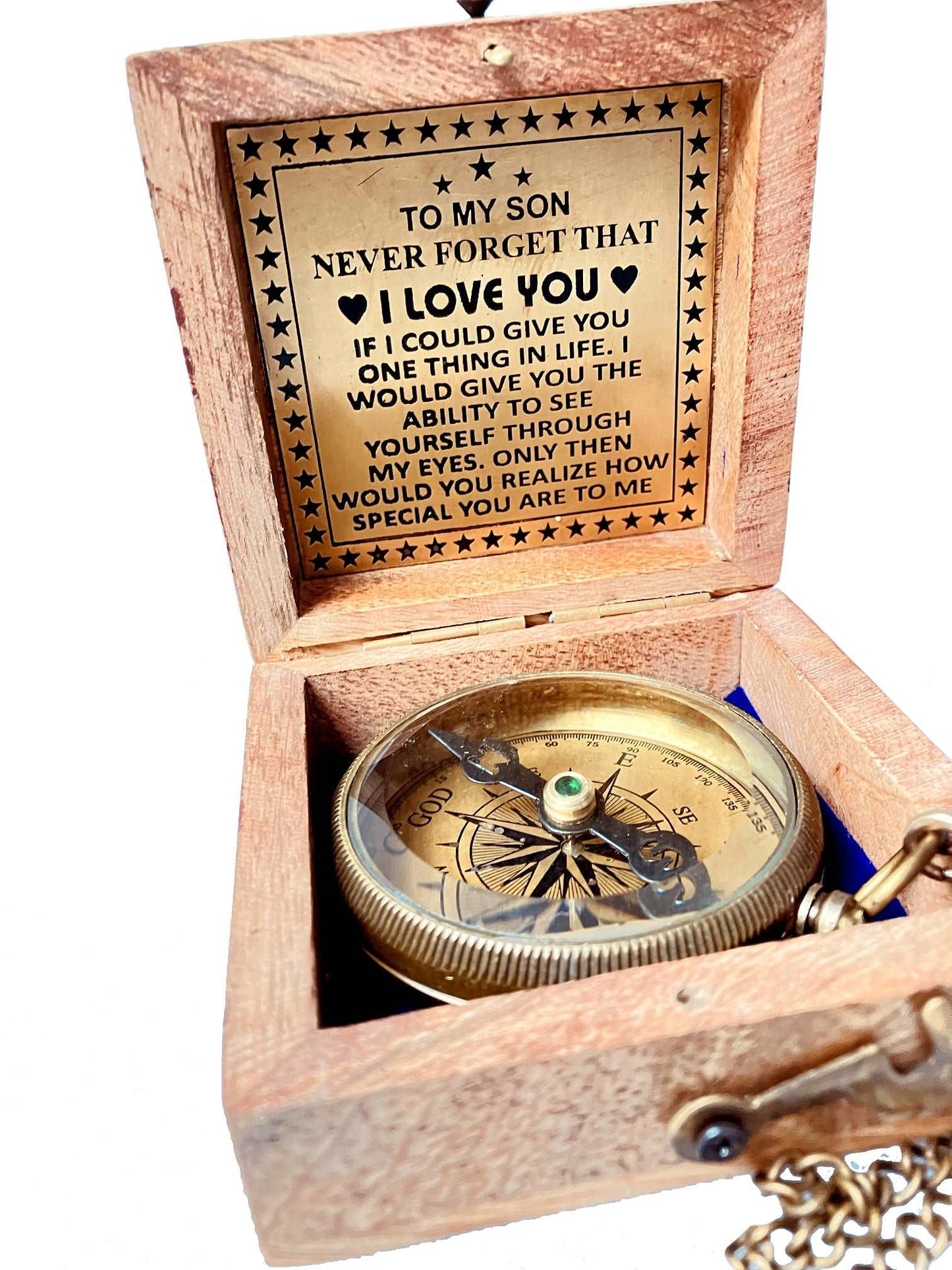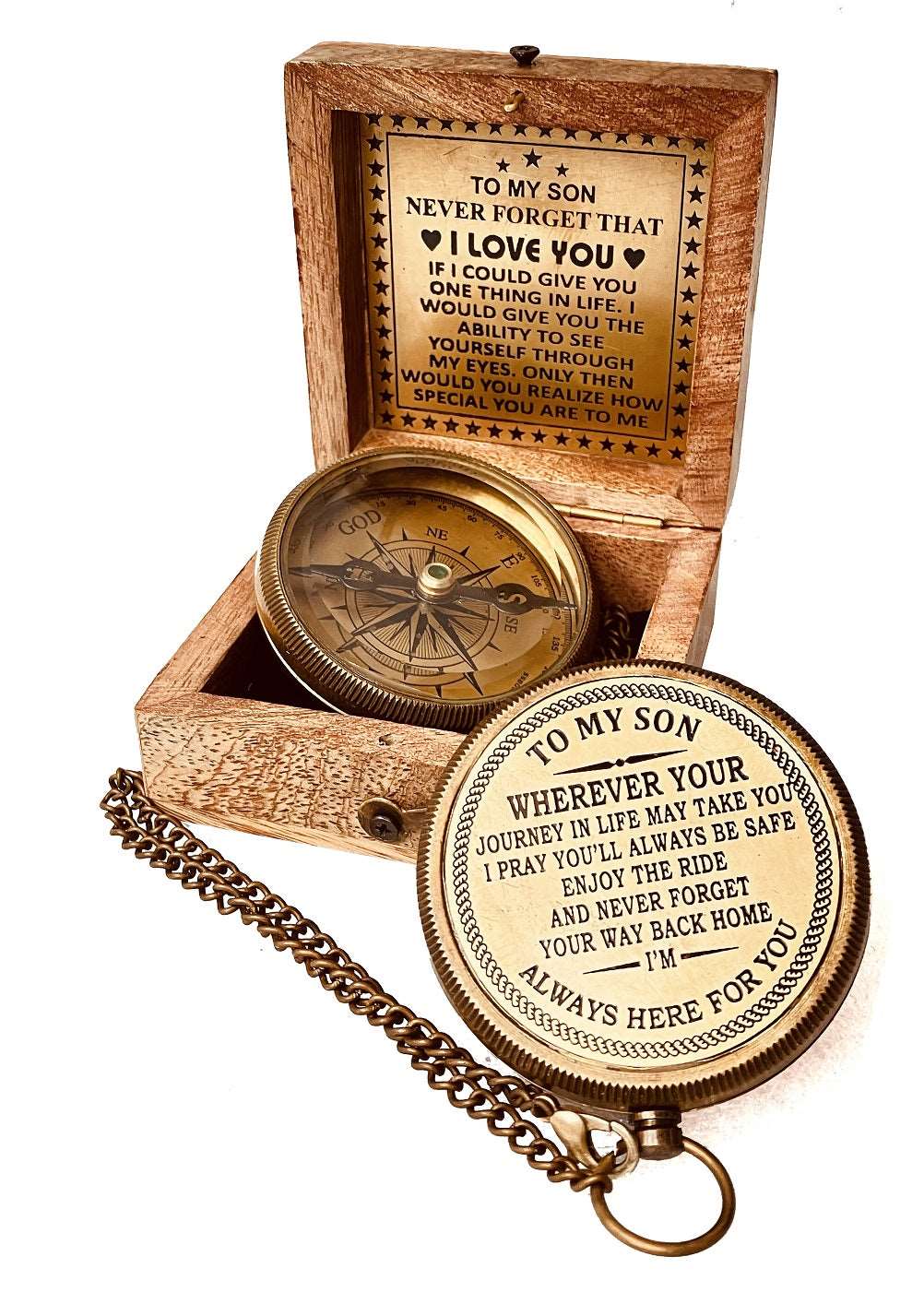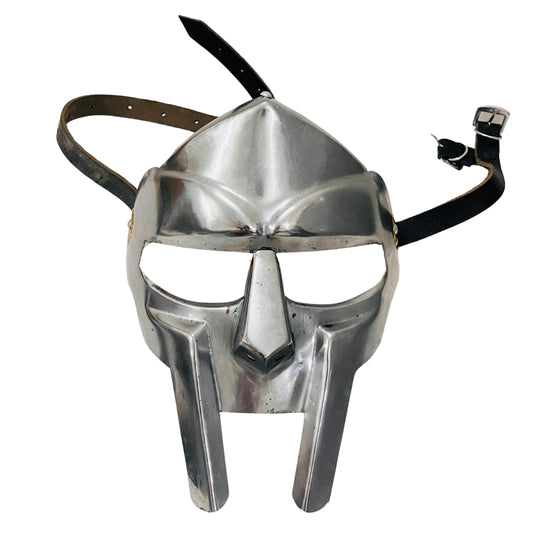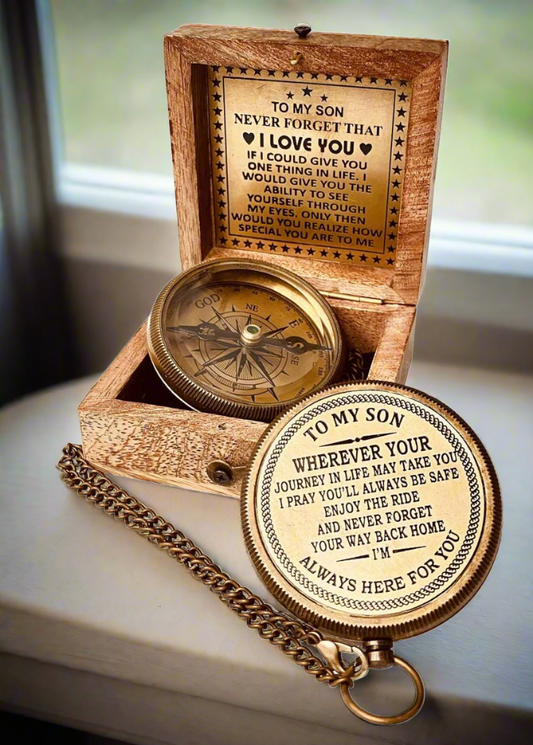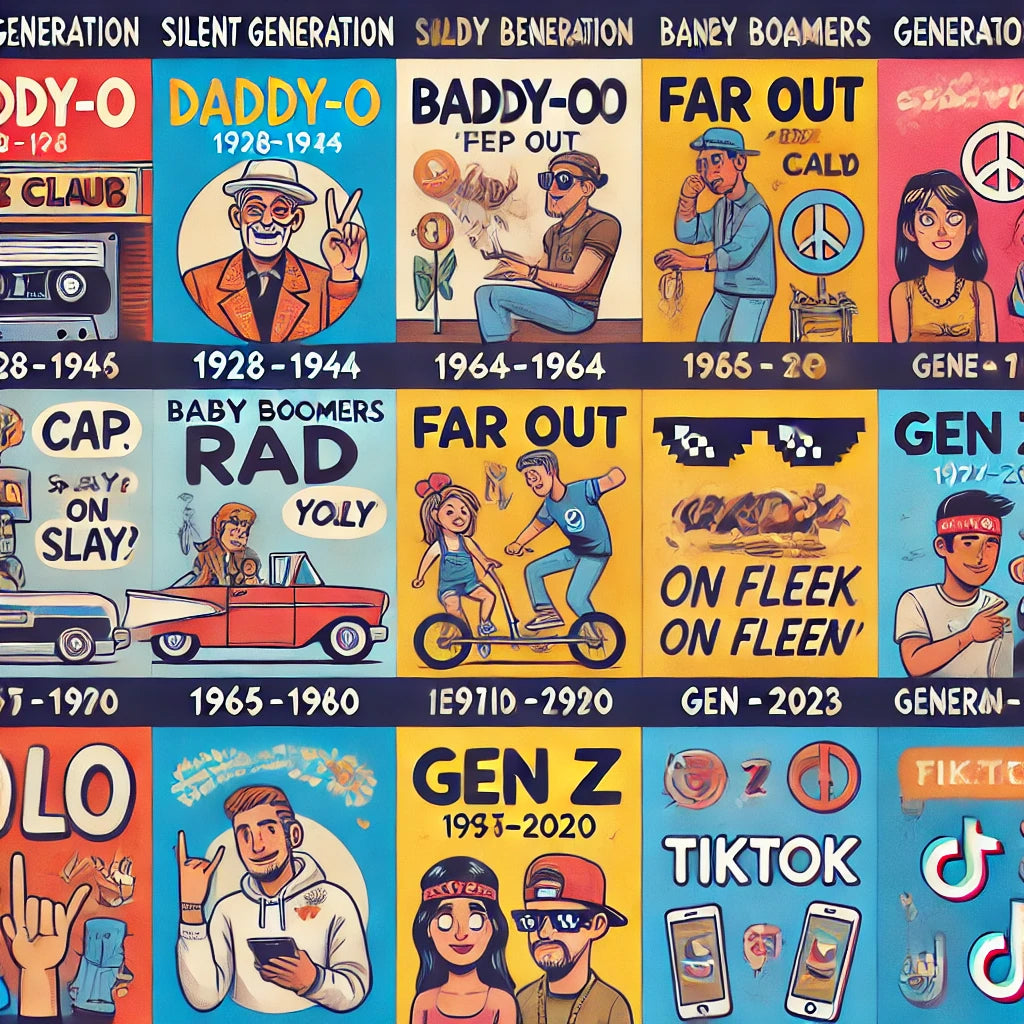
Decoding Teen Slang: A Guide for Moms and Dads to Understand Their Sons and Daughters Across Generations
Share
Generations have always had their own way of communicating, and slang is one of the most powerful tools of expression. For today’s parents, especially moms and dads trying to connect with their teenage sons and daughters, understanding modern slang can feel like learning a foreign language. Yet, this isn't a new phenomenon. Generations before Gen Z and Gen Alpha also had their own linguistic quirks that baffled their parents.
In this comprehensive guide, we’ll explore:
- The evolution of slang across generations in the USA, UK.
- Detailed meanings of modern-day slang terms used by Gen Z and Gen Alpha.
- Why teenagers develop slang and how it strengthens their relationships and identities.
- How parents can bridge the generational communication gap.

What Is Slang and Why Do Generations Create It?
Slang is informal, often playful language that emerges within specific groups as a way of bonding, expressing individuality, or rebelling against societal norms. Each generation creates slang for emotional, psychological, and practical reasons:
- Identity Formation: Slang helps teens and young adults establish a sense of self and community, distinct from their parents or authority figures.
- Rebellion and Independence: Slang can act as a subtle (or not-so-subtle) way to challenge norms and create a boundary between “us” (youth) and “them” (adults).
- Bonding and Belonging: Using shared language strengthens peer relationships and creates a sense of belonging to a specific group or subculture.
- Adaptation to Technology: Modern slang reflects how technology shapes communication, from emojis to abbreviations for fast-paced texting.
Understanding why teens develop slang can help parents approach these terms with curiosity instead of frustration. It’s a window into your child’s world, their relationships, and even their emotional well-being.
A Look Back: Slang Across Generations
Here’s a generational breakdown of slang in the USA and UK, showing how each group carved out its unique linguistic style.
1. Silent Generation (1928–1945)
- Cultural Context: Grew up during the Great Depression, World War II, and the rise of jazz.
- Why Slang Emerged: To cope with hardships and create moments of levity in serious times.
-
Common Slang:
- "Daddy-O": A cool person or way to address someone.
- "Hep Cat": Someone who’s into jazz and knows the scene.
- "All wet": Completely wrong or mistaken.
- "Knuckle sandwich": A playful threat of a punch.
- "23 skidoo": To leave quickly or escape.
Parents of this era often viewed slang as frivolous or inappropriate, particularly when linked to the counterculture of speakeasies and jazz clubs.
2. Baby Boomers (1946–1964)
- Cultural Context: Post-war optimism, rock and roll, and the counterculture movement of the 1960s.
- Why Slang Emerged: To express freedom, individuality, and rebellion against conservative norms.
-
Common Slang:
- "Groovy": Cool or great.
- "Far out": Amazing or extraordinary.
- "Bummer": A disappointment.
- "The Man": Authority figures or government.
- "Fuzz": Police.
- Parental Concerns: Boomers’ Silent Generation parents often linked slang to rock and roll’s rebellious, anti-establishment attitude.
3. Generation X (1965–1980)
- Cultural Context: The punk rock era, grunge, early hip-hop, and skateboarding culture.
- Why Slang Emerged: To push back against societal expectations and embrace nonconformity.
-
Common Slang:
- "Gnarly": Awesome or extreme.
- "Bodacious": Bold and impressive.
- "Psych!": Used after tricking someone, meaning "just kidding."
- "As if!": Dismissive phrase popularized by Clueless.
- "Rad": Excellent or impressive.
- Parental Concerns: Parents saw Gen X slang as overly irreverent and tied to rebellious music subcultures.
4. Millennials (1981–1996)
- Cultural Context: The internet boom, early social media, and reality TV culture.
- Why Slang Emerged: To adapt to fast digital communication and express humor or relatability.
-
Common Slang:
- "YOLO": You Only Live Once, encouraging spontaneity.
- "Bae": Before anyone else; a romantic partner.
- "On fleek": Perfect or flawless.
- "FOMO": Fear of Missing Out.
- "Epic fail": A major mistake.
- Parental Concerns: Millennial slang, especially acronyms like "LOL" or "BRB," confused parents not used to digital shorthand.
Modern-Day Slang: What Gen Z and Gen Alpha Are Saying
Today’s teens use a mix of slang born from internet culture, gaming, and social media. Here’s an updated glossary to help moms and dads decode what their sons and daughters are saying:

Modern Slangs with Meanings (Primarily Gen Z and Gen Alpha)
| Slang | Meaning |
|---|---|
| Cap | A lie or something untrue. Example: "No cap" means "I'm not lying." |
| Bet | Agreement or confirmation. Example: "Want to hang out?" "Bet." |
| Slay | Doing something exceptionally well, often with style. Example: "You slayed that outfit!" |
| Sus | Suspicious or questionable behavior. Example: "That story sounds sus." |
| Stan | An obsessive fan of someone or something. Originated from Eminem's song "Stan." |
| Vibe | A feeling or atmosphere. Example: "This place has a good vibe." |
| Lit | Exciting, amazing, or fun. Example: "The party was lit!" |
| Drip | Stylish or fashionable appearance. Example: "Check out his drip!" |
| Bussin | Extremely good, especially food. Example: "This pizza is bussin!" |
| Mood | Relatable or aspirational feeling. Example: Sees someone relaxing "Mood." |
| Yeet | To throw something with force or excitement. Also used as an exclamation of enthusiasm. |
| Goat | Acronym for "Greatest of All Time." Example: "Messi is the GOAT of soccer." |
| Flex | Showing off or bragging. Example: "That's a nice car; big flex." |
| Chill | Relaxed or laid-back. Example: "He’s so chill about everything." |
| Ghost | To suddenly ignore someone, usually in text messages. |
| Ship | Short for "relationship." Used when you support two people being together. Example: "I ship them!" |
| Snack | Someone who looks attractive. Example: "You’re looking like a snack today!" |
| Tea | Gossip or information. Example: "What’s the tea on her new boyfriend?" |
| Main Character | Someone who acts as if they’re the center of attention. Example: "She’s having her main character moment." |
| Rizz | Charisma, particularly in flirting. Example: "He’s got mad rizz!" |
| Ratio | When a reply gets more likes than the original post, often as a form of disagreement. Example: "Your opinion is trash, and here’s the ratio." |
| W or L | Short for "Win" or "Loss." Example: "That concert was a W!" |
| Boomer | Used to describe someone with outdated views, even if they're not from the Baby Boomer generation. |
| Ok Boomer | A dismissive phrase for someone perceived as out of touch or overly critical. |
| Lowkey | To some extent or subtly. Example: "I’m lowkey excited for the trip." |
| Highkey | The opposite of lowkey; openly or obviously. Example: "I’m highkey obsessed with this song!" |
| Finsta | A private Instagram account for close friends, often used to post unfiltered content. |
| Simp | Someone who shows excessive attention or admiration, often in a romantic context. |
| Doomscrolling | Continuously consuming bad news online, even though it’s upsetting. |
| Hits different | Something that feels unique or impactful. Example: "That song hits different at night." |
| Extra | Overly dramatic or exaggerated behavior. Example: "She’s so extra with her decorations!" |
| Periodt | An emphatic way to say "end of discussion" or "facts." |
| Karen | A derogatory term for a woman perceived as entitled or demanding. |
| Bae | A term of endearment meaning "before anyone else" (e.g., significant other). |
| Fire | Amazing or excellent. Example: "That new album is fire!" |
| Shade | Subtle disrespect or criticism. Example: "Was that shade?" |
| On God |
Swearing or promising something is true. Example: "On God, I didn’t take it!" |
| Slang | Meaning |
|---|---|
| Cap | A lie. "No cap" means "I’m not lying." |
| Bet | Agreement. Example: "Want to hang out?" "Bet." |
| Slay | Doing something exceptionally well. |
| Sus | Suspicious or questionable. |
| Stan | An obsessive fan. |
| Bussin | Extremely good, especially food. |
| Drip | Stylish or fashionable appearance. |
| No cap | Totally true or no lie. |
| Rizz | Charisma, particularly in flirting. |
| Mood | Something relatable. |
| Yeet | To throw something or express excitement. |
| Main Character | Someone who acts like the center of attention. |
| Poggers | Amazing or exciting (from gaming). |
| Mid | Mediocre or average. |
| Glow up | A positive transformation. |
Why Parents Feel Left Out
- Slang Reflects Youth Identity: Teens intentionally use language that separates them from adults, reinforcing independence.
- Fast Evolution: Social media accelerates the creation and spread of slang, leaving parents struggling to keep up.
- Emotional Bonds to Peers: Slang often builds in-groups among friends, making outsiders (even parents) feel excluded.
More Slangs with Meanings
| Slang | Meaning |
|---|---|
| Shook | Shocked, surprised, or overwhelmed. Example: "I’m so shook by that news!" |
| Sksksks | An expression of excitement, laughter, or nervousness (popular in VSCO culture). |
| VSCO Girl | A term for a specific aesthetic: scrunchies, Hydro Flask, oversized tees. |
| Big Yikes | A more emphatic version of "yikes," used for something very embarrassing or cringey. |
| Cheugy | Something out of style or trying too hard. Example: "That outfit is so cheugy." |
| Nope Rope | A slang term for snakes (because they "nope" away). |
| Clap Back | A quick and witty response to criticism. Example: "Her clap back was epic." |
| Dank | Excellent or high quality, originally used for memes. Example: "That’s a dank meme." |
| Glow Up | A significant transformation, usually positive. Example: "She had such a glow-up!" |
| Sussie Baka | Combination of "sus" (suspicious) and "baka" (fool in Japanese), popular from Among Us memes. |
| Mid | Mediocre or average. Example: "The movie was mid, not great." |
| Pressed | Upset or bothered. Example: "Why are you so pressed about it?" |
| Dead | Laughing so hard you metaphorically "die." Example: "That joke has me dead!" |
| IYKYK | Acronym for "If You Know, You Know," used when referring to niche topics or inside jokes. |
| Hits Different | Something feels unique or special in a specific context. Example: "This song hits different after a breakup." |
| Snatched | Looking great or stylish. Example: "Your outfit is snatched!" |
| Rent-Free | Used when something is stuck in your mind. Example: "That meme lives rent-free in my head." |
| Slept On | Underrated or not getting the attention it deserves. Example: "This artist is so slept on." |
| Boomer Energy | When someone acts overly traditional or out of touch. Example: "That’s giving boomer energy." |
| TFW | Acronym for "That Feeling When." Example: "TFW you finally finish your homework." |
| Cringe | Awkward or embarrassing. Example: "That comment was so cringe." |
| Poggers | Exciting or amazing, originated from Twitch. |
| Woke | Being socially and politically aware. |
| Glizzy | Slang for hot dogs (but can also have other humorous meanings online). |
| Based | Being true to yourself or saying something unapologetically. Example: "That’s such a based opinion." |
| Hits Diffy | A shorter form of "hits different," meaning impactful. |
| Eat | To do something exceptionally well, especially in fashion. Example: "She ate that performance." |
| It’s Giving | Used to describe vibes or a specific energy. Example: "It’s giving boss vibes." |
| Core | Used to describe aesthetic styles (e.g., cottagecore, goblincore). Example: "Her style is very dark academia core." |
| Killing It | Excelling at something. Example: "You’re killing it at work lately!" |
| L | A loss or failure. Example: "That’s such an L." |
| Wig | An expression of amazement or surprise. Example: "That song made my wig fly!" |
| TF | Short for "The F***," used to express confusion or disbelief. |
| Bruh Moment | A situation so absurd or dumb that all you can say is "bruh." |
| Sending Me | Something that makes you laugh hysterically. Example: "That TikTok is sending me!" |
| Slaps | Refers to something amazing, like a good song. Example: "This beat slaps!" |
| Catch Hands | To get into a fight. Example: "If he talks to me like that again, he’s gonna catch hands." |
| Dragged | To be criticized or roasted harshly. Example: "She got dragged in the comments." |
| Hard Pass | A strong rejection. Example: "That’s a hard pass for me." |
| Main Character Energy | When someone acts like they’re the center of attention in a good way. |
| Zaddy | An attractive man with style and confidence. |
How Parents Can Bridge the Gap
- Stay Curious: Ask your kids about slang instead of dismissing it. Show interest in their world.
- Avoid Overusing Their Words: Nothing is less cool than a parent misusing "lit" or "bussin."
- Engage in Their Media: Watch the TikToks, memes, and shows they reference to better understand their culture.
- Communicate Your Own Language: Share the slang you used as a teen. It can be a fun way to connect across generations.



